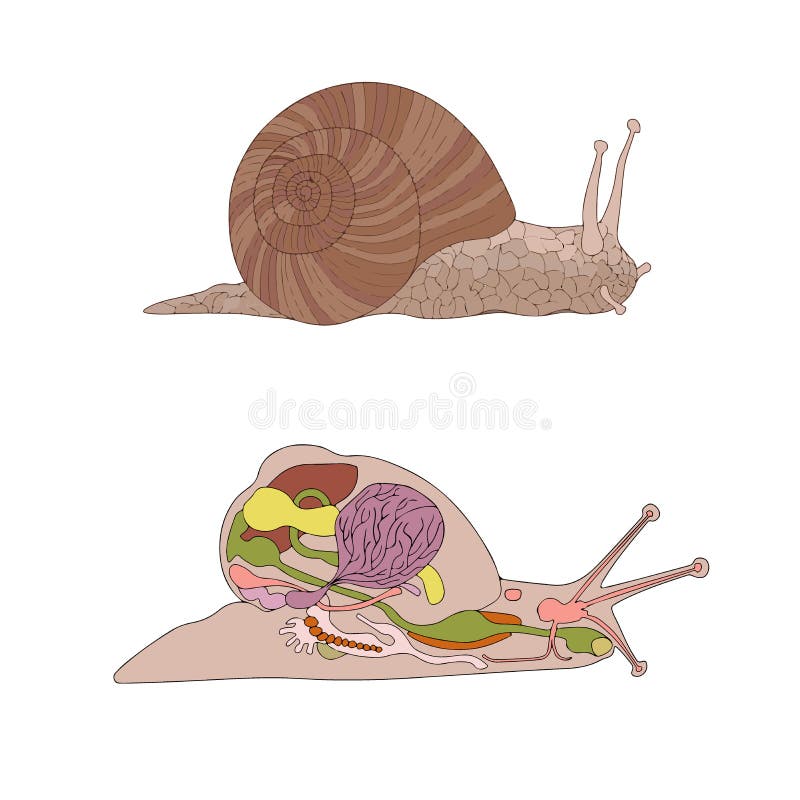Complete Class XI Maharashtra Board Biology Syllabus Overview (MSBSHSE Class XI Biology)
📘 Botany (Section I)
- Diversity in Living World: Classification, taxonomy, kingdoms
- Kingdom Plantae: Major groups, features of angiosperms
- Cell Structure & Organisation: Prokaryotes, eukaryotes, organelles
- Biomolecules: Carbohydrates, proteins, lipids, nucleic acids
- Cell Division: Mitosis and meiosis processes
- Plant Tissues & Anatomy: Meristems, permanent tissues, secondary growth
- Morphology of Flowering Plants: Root, stem, leaf, inflorescence, families
- Plant Physiology: Water relations, mineral nutrition, plant growth, dormancy
🧬 Zoology (Section II)
- Kingdom Animalia: Invertebrate overview, phylum classification
- Cell Organisation in Animals: Tissue types and functions
- Study of Animal Type – Cockroach: External/internal anatomy and systems
- Photosynthesis: Light/dark reactions, importance, factors
- Respiration & Energy Transfer: Aerobic, anaerobic pathways
- Human Nutrition: Digestive anatomy, enzymes, absorption, disorders
- Excretion & Osmoregulation: Kidney function, liver, homeostasis
- Skeleton & Movement: Joints, bones, locomotion, muscle-bone disorders
Introduction
Purpose & Importance of Knowing the Syllabus:
This section introduces why students must understand the full syllabus before starting their studies. Knowing what topics are included helps in organizing time, setting goals, and focusing efforts in the right direction.
Relevance for Exams Like NEET/MHT-CET:
Biology from Class 11 is foundational for entrance exams like NEET and MHT-CET. Early and thorough understanding helps ease Class 12 learning and boosts performance in competitive exams, which are syllabus-based.
Botany Section
Chapter-by-Chapter Summary:
Here, you briefly summarize the Botany portion (first 8 chapters) of the syllabus. These include:
- Diversity in the living world
- Kingdom Plantae
- Cell structure and biomolecules
- Plant tissues and anatomy
- Morphology of flowering plants
- Plant physiology
Key Concepts and Examples:
Explain core concepts like photosynthesis, plant growth, classification systems, tissue types, etc., using simple explanations and common examples (e.g., "Xylem transports water"). Mention where diagrams are important, such as cell structure or leaf types.

Zoology Section
Summary of Major Chapters:
Summarize the next 8 chapters focused on animal biology, such as:
- Kingdom Animalia
- Animal tissues
- Cockroach anatomy
- Human physiology (nutrition, respiration, excretion, etc.)
Focus on Anatomy & Physiology:
Explain that Zoology emphasizes body systems and how the human/animal body functions. Highlight topics like the digestive system, types of tissues, and skeletal structures. Point out diagram-based learning for organs and processes (like nephron or peristalsis).
Exam Pattern & Preparation Strategy
Question Types (MCQs, Long Answers):
Explain the format students can expect in exams:
- Objective (MCQs)
- Short answer
- Long answer
- Diagrams-based questions
Time Allocation Per Chapter:
Suggest distributing time depending on the chapter's weightage and complexity. For example, cell biology may need more revision than classification.
Resources:
Recommend textbooks like:
- Balbharati Biology Textbook (official)
- NCERT Biology (helpful for NEET)
- Reference books like Trueman’s Biology or MTG
Also suggest practicing:
- Diagrams
- Past question papers
- Concept-based exercises
Study Tips
Active Recall, Flashcards, Diagrams:
Use active recall (e.g., quiz yourself instead of rereading). Flashcards are great for terms like scientific names or functions. Diagrams should be practiced weekly for clarity.
Regular Revision Schedule:
Recommend short daily reviews and weekly chapter-wise revisions to prevent forgetting. Keep a revision notebook.
Integration with Competitive Exam Prep:
Mention that topics like photosynthesis, human nutrition, etc., directly align with NEET. Encourage early MCQ practice using NEET prep books alongside board learning.
Sample Study Plan
Week-by-Week Timeline:
Design a study plan such as:
- Week 1–2: Diversity, Plant Kingdom
- Week 3–4: Cells, Biomolecules
- Week 5–6: Animal Kingdom, Cockroach Study
- …continue till Week 12–14 with all chapters covered
Mix of Theory, Diagrams, Tests, & Revision:
For each week:
- Allocate 3–4 days to new topics
- 1 day for diagrams
- 1 day for testing
- 1 day for revision
This ensures balanced preparation and avoids last-minute panic.
Recap Syllabus Importance:
Restate that understanding the Class 11 Biology syllabus helps manage time, reduce stress, and boost exam scores.
Encourage Personalized Timetable:
Tell students to adjust their schedule based on their strengths and weaknesses.
Motivational Ending:
End on a high note: “Biology is not about rote learning—it’s about understanding life. Build your concepts now, and success in exams and future studies will follow.”
